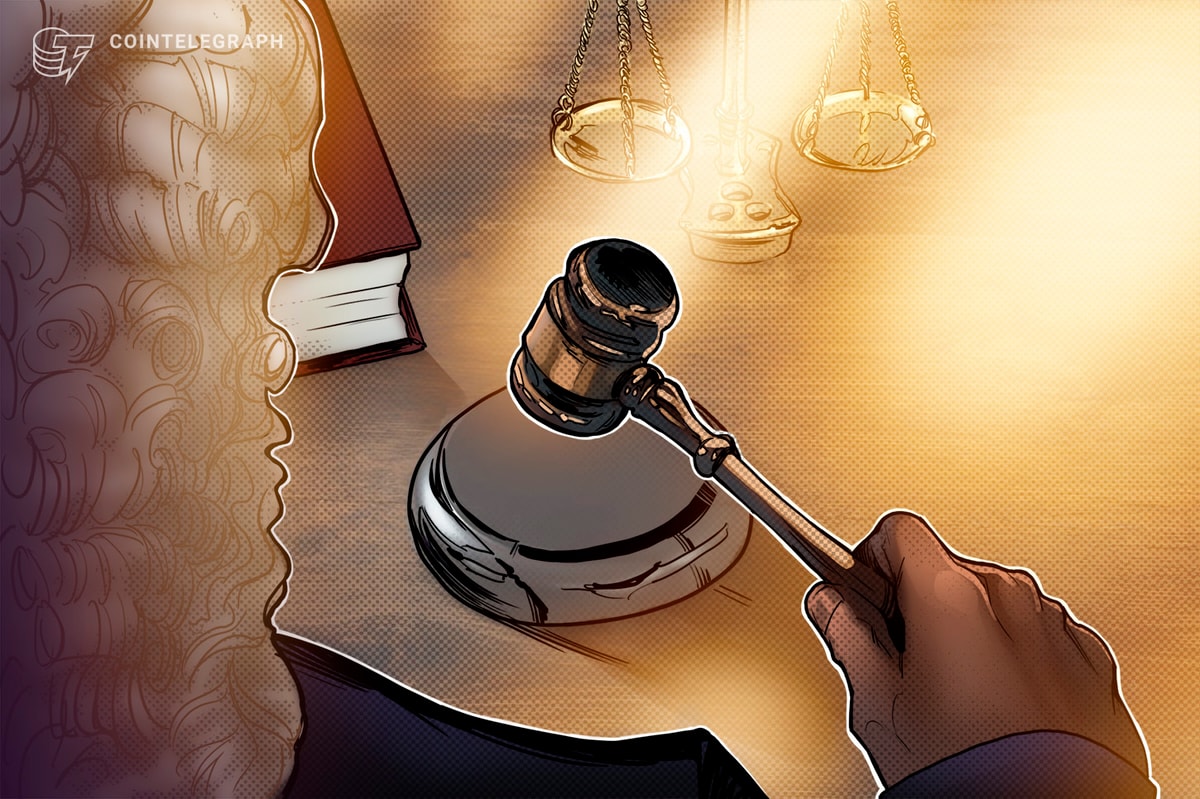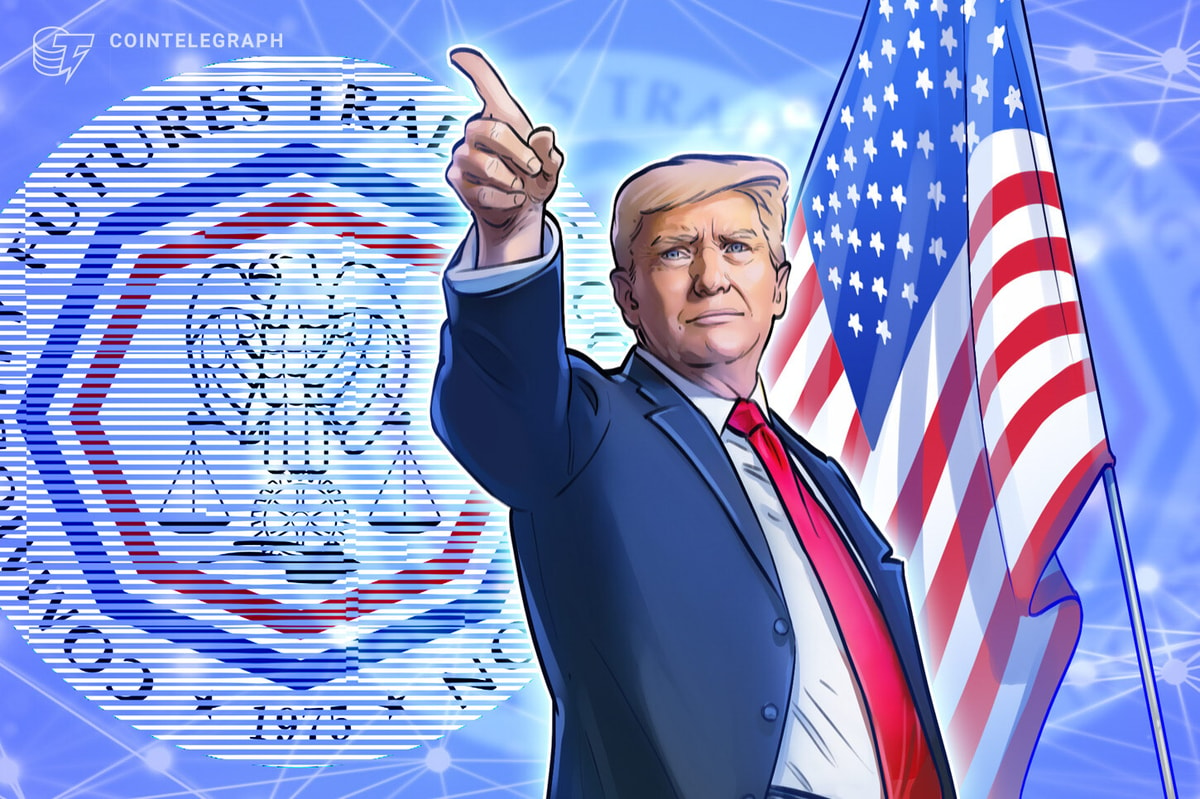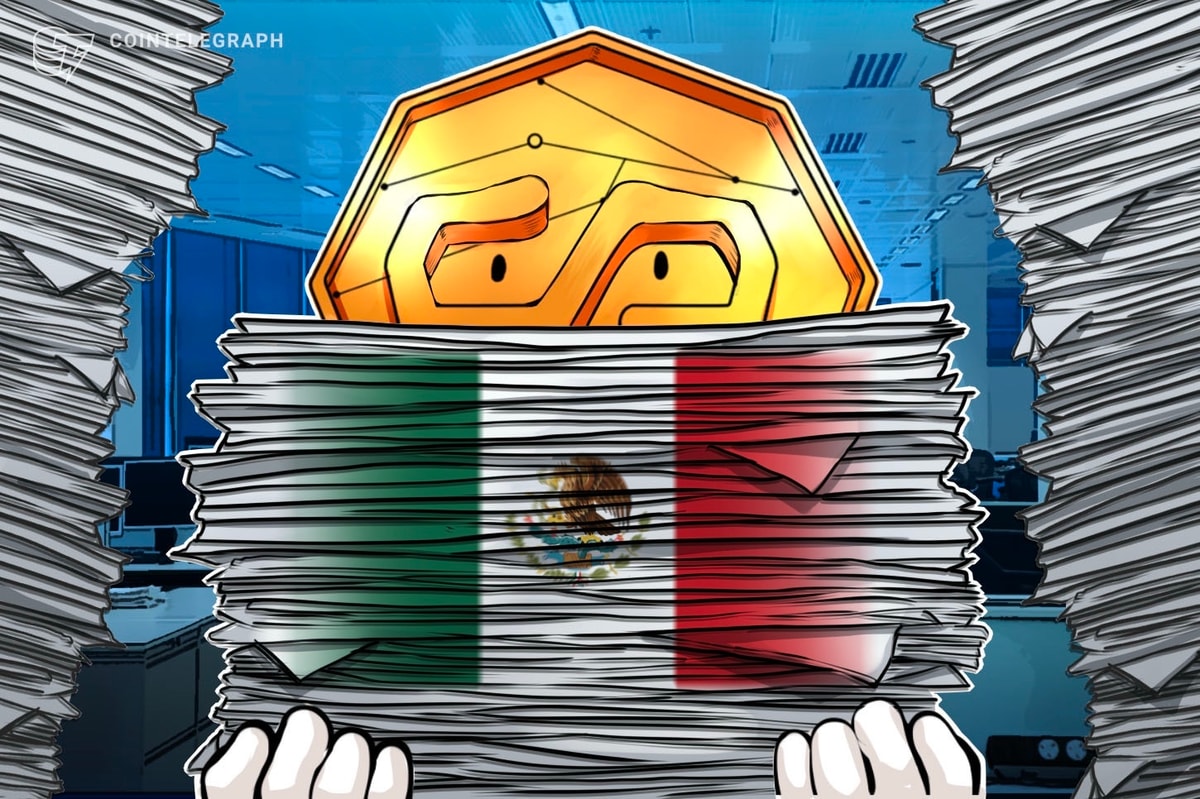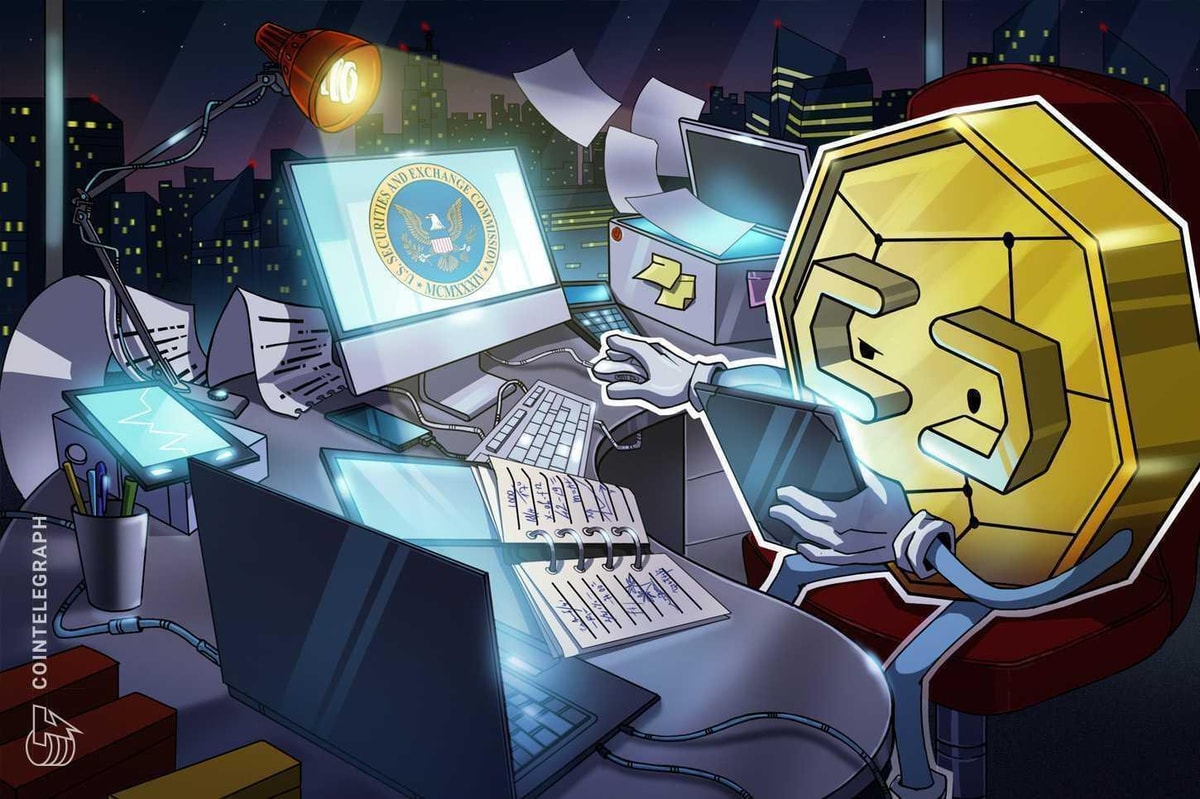No details on the timeline and methods of the examination were provided, but reportedly it would be conducted moderately as no wrongdoings have been registered in the country.
News
As reported by a local publication on Feb. 15, Korean financial authorities are looking into the staking services market. However, as the unnamed official specified to the journalists:
The fears of the crypto community about the possible repercussions of the recent court deal between the United States Securities and Exchange Commission (SEC) and Kraken are starting to materialize. Following their American counterparts, South Korean regulators intend to examine the crypto-staking operators in the country.
“The position is that there is nothing to be a problem because nothing has been done.”
No details on the timeline and methods of the examination were provided, but it could affect some legislative decisions. In contrast to more common operations with digital assets, crypto staking isn’t defined by Korean regulation at the moment.
The global discussion on crypto staking kicked off with a Feb. 9 settlement between the SEC and Kraken crypto exchange. Kraken agreed to pay a $30 million fine and halt its staking program. The move was widely criticized by the American crypto community and even the SEC’s acting commissioner.
Related: South Korean officials traveled to Serbia to find Do Kwon
In his analysis for Cointelegraph, J.W. Verret, an associate professor at the George Mason Law School, warned about the SEC’s intention to use its Kraken playbook against staking protocols in general:
“It’s becoming clear from a pattern across financial regulators and the White House that the subtext in the administration’s policy toward crypto is that it should be choked off.”
In February, South Korea’s Financial Services Commission established guidance that specifies which types of digital assets will be considered and regulated as securities in the country. The law considers securities as financial investments where investors are not required to make additional payments after their original investment.







